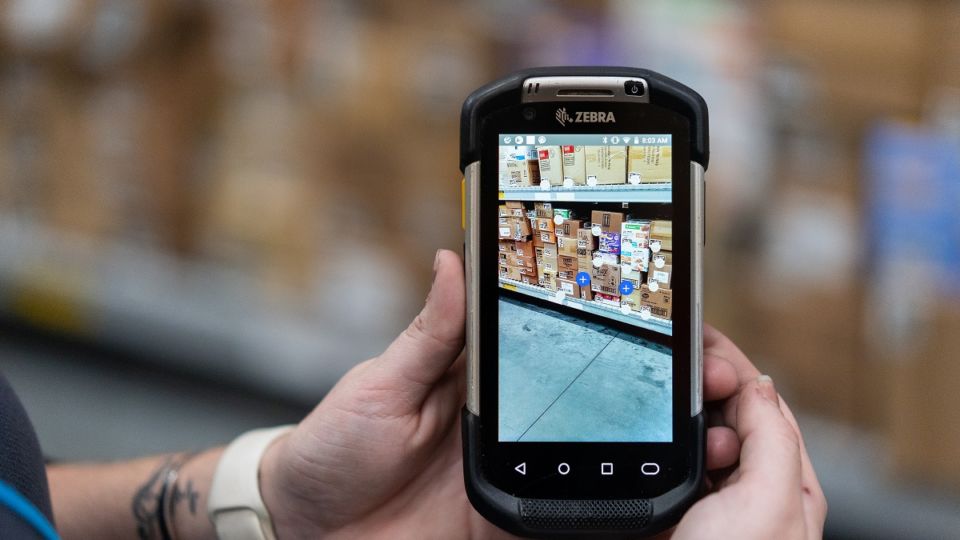 Retailers planning for the upcoming holiday sales season can’t rely heavily on data from last year, when total spending reached an all-time high. This year, the state of retail has fundamentally shifted, and more changes could be on the horizon.
Retailers planning for the upcoming holiday sales season can’t rely heavily on data from last year, when total spending reached an all-time high. This year, the state of retail has fundamentally shifted, and more changes could be on the horizon.
There is a silver lining for 2020, however. With sales of computer hardware up 38 percentage points, more people than ever will be doing their gift buying online.
A bevy of first-time online shoppers is arriving at ecommerce websites, looking to avoid the mask-wearing social distanced experience of in-store browsing. Providing buyers with the easiest online shopping experience is more essential than ever, particularly as overall retail sales are expected to fall at least 6.5%.
To keep customers and attract new ones amid this decline, retailers have to look to augmented reality (AR) tech that brings first-time shoppers into their virtual storefronts.
The State of AR in Retail
Customers are increasingly familiar with 3D product views, allowing them to click on a 3D model and see an item from all angles to get a better feel for size, shape and design. The next step is providing AR product views, as consumer technology like the iPhone 11 can adeptly overlay an AR version of the merchandise onto a customer’s real-world surroundings.
We’ve already seen this kind of implementation in ecommerce, to impressive results. When retailer eBags provided both 3D and AR product views to its shoppers, the site saw conversion rates jump by 112%, while revenue-per-visit rose 87%. These kinds of numbers can make or break a retailer’s bottom line, and with ecommerce surging 18% this year, ecommerce stores must have a means of standing out from the competition.
3D and AR views don’t supplant photographs and text descriptions, but they do add an extra element customers are eager to engage with. Technology that replicates the experience of shopping in-store — that is, getting a feel for the product, if not physically — simply drives more sales and creates repeat customers.
Customer-Centric 3D Scanning
The next step for AR is to put it in the hands of consumers. Major companies and retailers are more adept at using these devices, with companies from Microsoft to Chipotle leveraging AR to train employees as well as maintain operations in a time of social distancing.
As the AR experience becomes more hands-on, consumers gain greater comfort with using these apps on their own. Soon, the goal won’t simply be using AR to show a customer a product, but rather improve the product itself through 3D scanning. When a customer can scan their own chest span to get exact measurements for a bespoke suit from an ecommerce tailor, or provide a scan of their feet to purchase a custom orthotic online, retailers can begin to tackle ecommerce’s greatest problem: returns.
Online retail returns are twice as high compared to brick-and-mortar. The issue is particularly pronounced in fashion retail, where stores take a loss on ill-fitting clothing and shoes that are shipped to buyers and later returned, jeopardizing potential future sales and eliciting negative reviews. By implementing 3D scanning, retailers can ensure a perfect fit every time, and give customers a new way to engage with their products.’
Utilizing all of these technologies in ecommerce shopfronts can seem daunting for store owners still reeling from the early months of 2020. Yet as the need for better online shopping solutions increases, AR will be the way forward for many retailers eager to stay ahead of the curve and draw in new, better sales. The technology is there — now it’s a matter of implementation, and seeing who will be the first to lead the AR revolution.
Charles Carriere is Founder and President at Scandy. He is a New Orleans native who attended the University of North Carolina at Chapel Hill, where he was a Morehead Scholar. He received his BA in Anthropology. After teaching for a year at the Jakarta International School, he attended the Freeman School of Business at Tulane University, earning his MBA in Finance. Carriere then joined the investment firm of Johnson Rice & Company where he worked as an analyst and institutional stockbroker. He founded Scandy and Entrescan in 2014 as a “side hustle” and left Johnson Rice in 2017 to work more closely with the companies he started.




